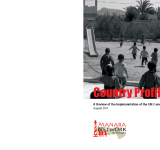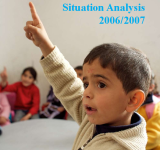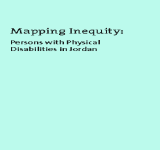The country profile component of the Manara project is a rigorous and exhaustive report on the status of the implementation of the Convention on the Rights of the Child. It aims to be a resource for identifying gaps and challenges on the status of the implementation of the Convention;; to highlight the recommendations of the Committee on the Rights of the Child on specific matters;; and to identify commendable practices implemented by the State;; civil society and the international community in addressing these issues. The information was collected by exhaustive literature review and followed by field research involving a series of interviews with identified stakeholders;; government ministries and institutions;; local and INGOs;; academics;; unions and professional associations;; media;; religious authorities and United Nations agencies were contacted and interviewed. The structure of the study is based on the following themes: human rights;; children’s rights;; child labor and violence against children


